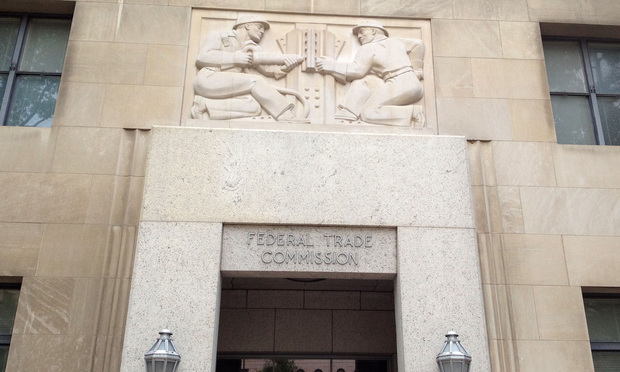Over 100 years since Congress passed the Federal Trade Commission Act, the Federal Trade Commission has finally issued formal guidance interpreting the central provision underlying the agency’s antitrust enforcement authority. Under Section 5 of the FTC Act, the FTC can take action against “unfair methods of competition in or affecting commerce.” The key phrase—”unfair methods of competition”—has been understood to include Sherman and Clayton act violations as well as some conduct beyond the reach of those statutes. But the precise scope of the FTC’s “standalone” authority under Section 5 has never been made clear.
This week, however, FTC Chairwoman Edith Ramirez announced that the FTC had voted to issue a formal statement setting forth three “enforcement principles” governing its authority over “unfair methods of competition.” As Ramirez explained them, the principles that guide the FTC, when determining what conduct constitutes a “standalone” Section 5 violation, are as follows:
This content has been archived. It is available through our partners, LexisNexis® and Bloomberg Law.
To view this content, please continue to their sites.
Not a Lexis Subscriber?
Subscribe Now
Not a Bloomberg Law Subscriber?
Subscribe Now
LexisNexis® and Bloomberg Law are third party online distributors of the broad collection of current and archived versions of ALM's legal news publications. LexisNexis® and Bloomberg Law customers are able to access and use ALM's content, including content from the National Law Journal, The American Lawyer, Legaltech News, The New York Law Journal, and Corporate Counsel, as well as other sources of legal information.
For questions call 1-877-256-2472 or contact us at [email protected]



